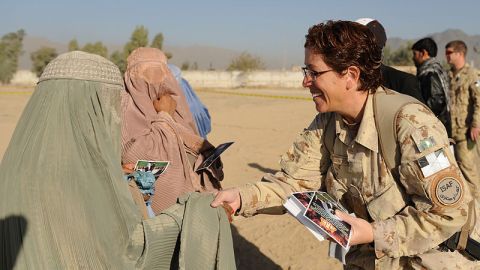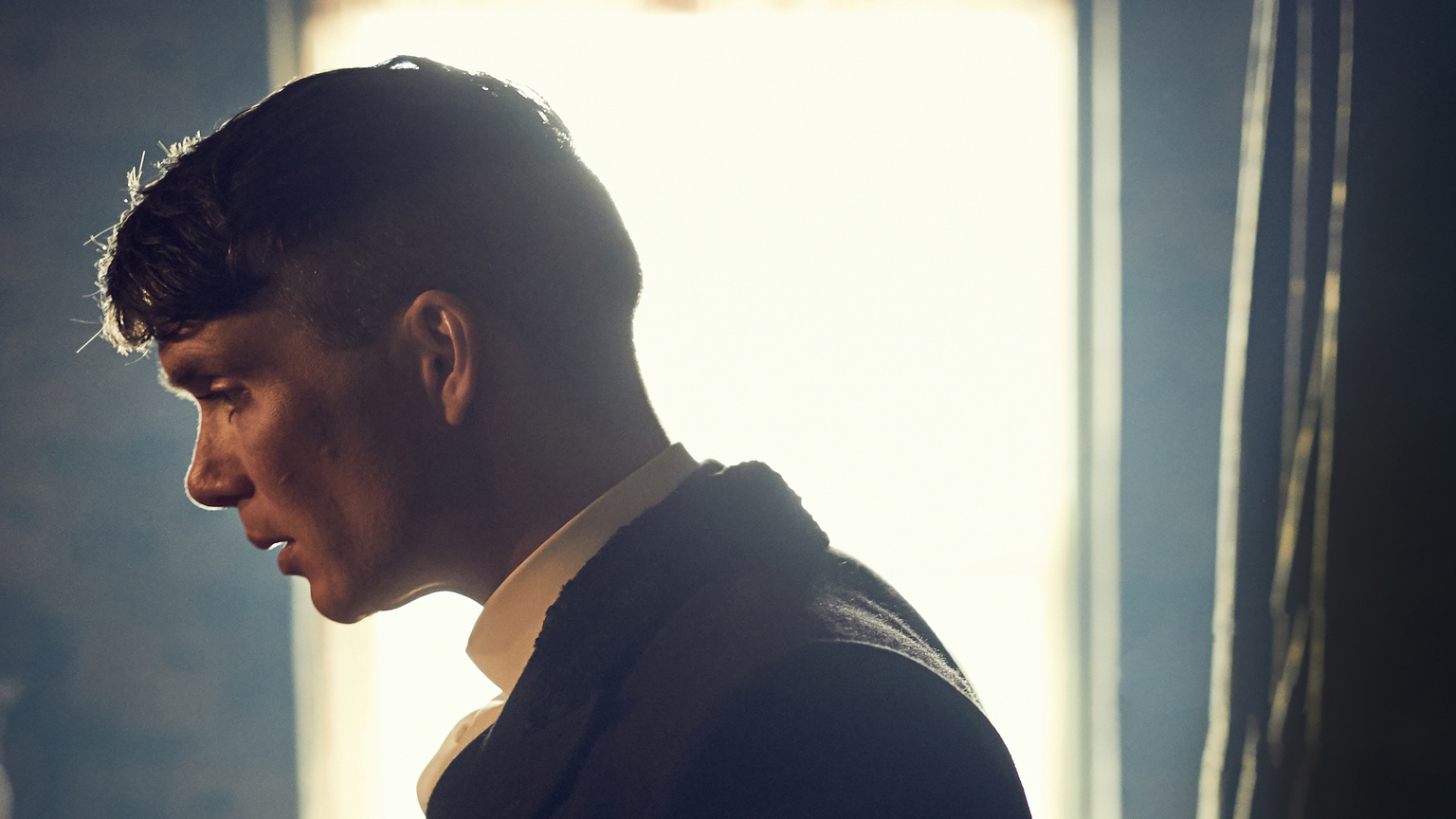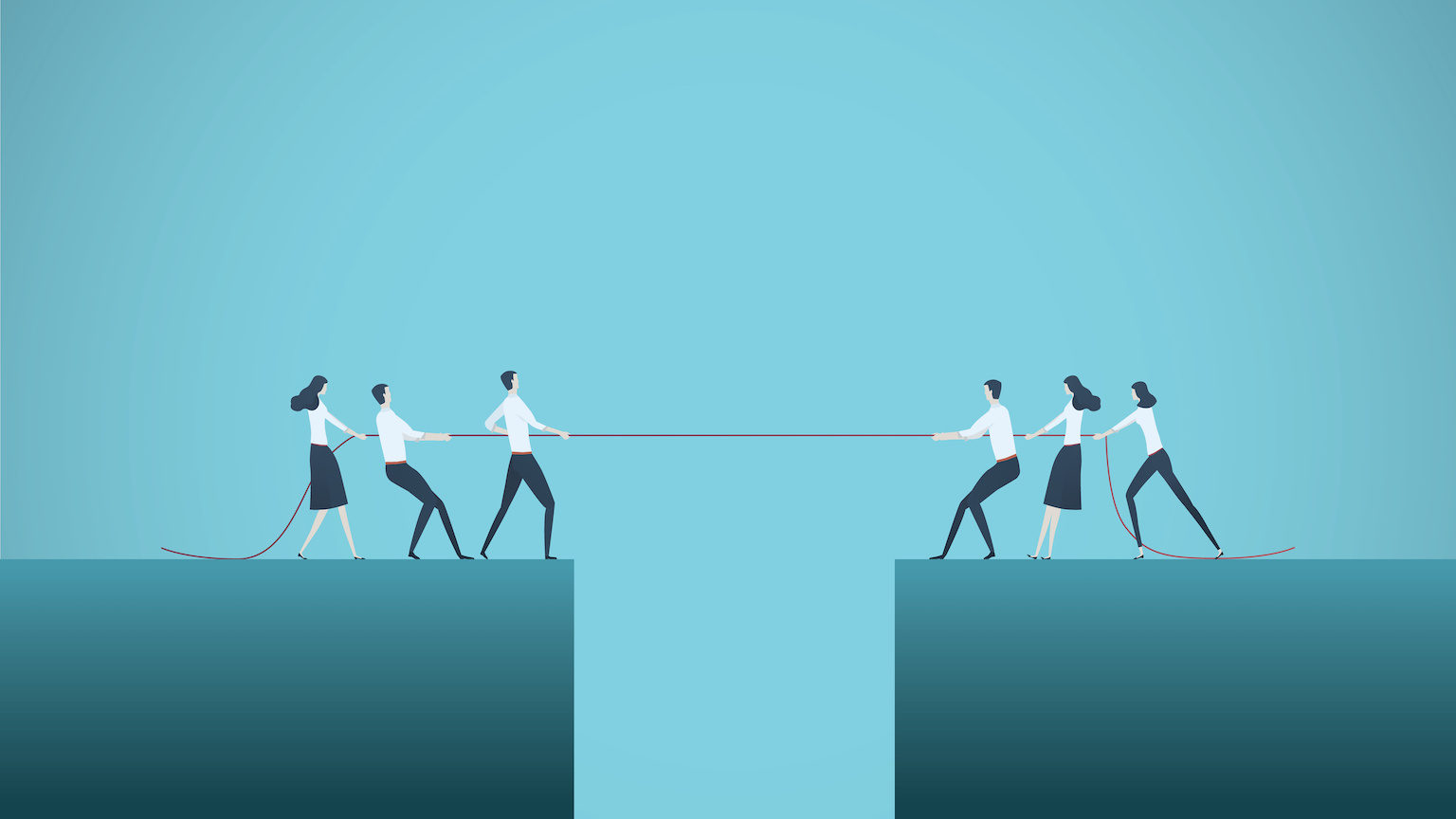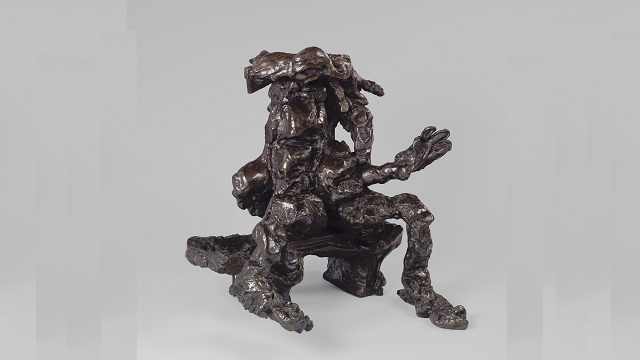Can Women Change the Way We Think About War?

The story of war has always been told by men. But what happens when we look at war through the eyes of women? That’s the fundamental premise of an upcoming new five-part documentary series on PBS – Women, War & Peace – that takes a comprehensive look at how women are emerging as critical partners in brokering peace agreements and creating new international laws governing conflict. From Afghanistan to Bosnia to the troubled nation-states of Africa, women are helping to re-define the way we think about war. In the process, women are no longer defining themselves as the victims – they are beginning to view themselves as the leaders of a new movement for peace.
The PBS documentary series grew out of the combined vision of three women – Abigail Disney, Gini Reticker and Pamela Hogan – who traveled to war-torn areas around the globe. As they listened to the stories of women in local communities, what they found was that the fundamental narrative of war had changed in the past two decades. With the fall of the Berlin Wall in 1989, the shape of international conflict forever shifted as former American and Soviet proxy states dissolved into a messy zone of unscripted conflicts raged by ragtag armies and fueled by cheap automatic weapons like the AK-47. In the past 20 years, the new weapons of war have become rape, ethnic cleansing, and forced evacuations of entire cities to tent camps. The use of these weapons meant that women and children – not soldiers – become the immediate victims of armed conflict.
For the U.S., Women, War & Peace has consequences for both the boots on the ground in conflict zones as well as the policymakers in the corridors of the Pentagon. Take Afghanistan, for example. When the U.S. troop surge was announced in late 2009, women in Afghanistan from different tribal communities forcibly injected themselves – with the help of Secretary Hillary Clinton – into the peace talks with the Taliban. In fact, one of the most powerful segments of Women, War & Peace – Peace Unveiled – follows three women who immediately began to self-organize to make sure that women’s rights don’t get traded away in the deal. Even now, brave Afghan women such as Wazhma Frogh are providing a new perspective on how women can play a role in a new peace deal for the war-torn nation. At the same time, the U.S. military is exploring new ways for female soldiers to reach out to the women of the nation.
Women, War & Peace is the first media broadcast of Women and Girls Lead, a three-year public media initiative designed to focus, educate, and connect women and girls across the globe. As part of this broader movement, Women, War & Peace has already attracted a number of noteworthy backers – both in the U.S. government and Hollywood: Matt Damon, Geena Davis, Tilda Swinton and Alfre Woodard. Their involvement means that it may finally be time to re-think war — and then bring this message to a wider audience.
In many ways, the media has an enormous role to play. Stories of war and terrorism have always received greater media attention than stories of women rights and women’s participation in the peace process. The media has been far too eager to portray women as “victims” or as “bargaining chips” — not as true partners with equal voices. Once these media images begin to change in places like Bosnia and Afghanistan, we can begin to have a substantive dialogue about what it is like to have a fundamentally new type of peace process around the world.
[Image: Female Soldier Tries to Reach Out to Afghan Women in Kandahar]





